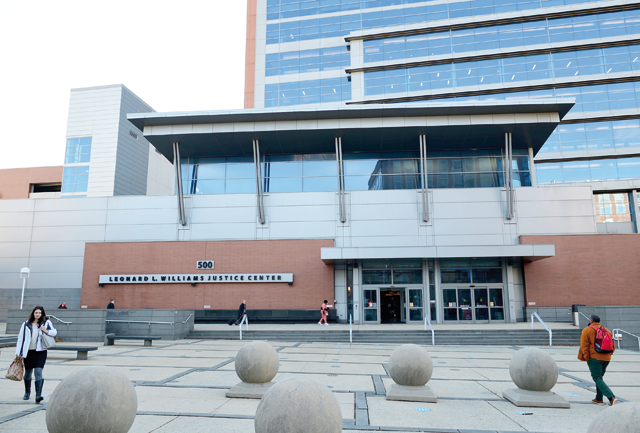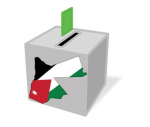You are here
Libya Cabinet starts spending $50b budget despite falling oil revenues
By Reuters - Jun 11,2014 - Last updated at Jun 11,2014
TRIPOLI –– Libya’s government, suffering from dwindling oil revenues, will allow its ministries to begin spending the $50 billion budget it submitted to parliament at the start of the year, even though lawmakers have not voted on it.
The move might force the central bank to use more of its reserves as the budget is not backed up by oil revenues which have fallen to $1 billion a month, a quarter of what Libya used to make in the past.
Ten months of protests at oil facilities have reduced oil output to around 200,000 barrels a day, down from 1.4 million bpd in July when protests started.
The OPEC producer’s parliament has failed to agree on a 2014 budget proposal worth around 60 billion Libyan dinars ($50 billion), according to lawmakers.
Public finances could worsen in next few weeks after acting Oil Minister Omar Shakmak said on Wednesday Libya had started directing crude from its two offshore fields to supply the Zawiya refinery, key to provide the capital with petrol. This will bring exports closer to zero as the two fields had been the last unaffected by protests so far.
The Cabinet of caretaker Prime Minister Abdullah Al Thinni said in a statement late on Tuesday that it considered the budget draft, submitted in January, as valid after parliament had exhausted the legal limit of fours months to vote on it.
“The government considers the budget approved,” it said.
Mohamed Abdullah, head of parliament’s budget committee, signalled support. He told Reuters the General National Congress was willing to work with the finance ministry to use the budget without formal vote as long as recommendations from lawmakers were included.
Other deputies said parliament, heavily divided, should still vote on the budget.
“In my opinion the budget should be adopted as soon as possible,” said Hamed Al Hattah, a lawmaker from the south.
The central bank holds around $110 billion in foreign reserves but only part of the money is cash, the rest held in overseas bonds, deposits or equity stakes.
Libya is in turmoil as the government and parliament struggle to control militias who helped oust Muammar Qadhafi in 2011 but now defy state authority, and seize oil ports at will.
Cutting the budget is difficult as more than half of the budget goes on subsidies and salaries for a greatly overstaffed and inefficient public service, a legacy of Qadhafi who put most adults on the payroll to discourage opposition.
The government has been reluctant to cut back as it struggles to impose authority on a country awash with arms.
Related Articles
ROME — The IMF on Friday proposed a $50 billion plan to end the COVID-19 pandemic, aiming to expand global immunisation drives, while vaccin
WASHINGTON — President Donald Trump will impose tariffs on about $50 billion in Chinese goods imports to retaliate against the alleged theft
WILMINGTON — Tesla tycoon Elon Musk took the stand on Wednesday as part of a trial over his $50 billion pay package as CEO of the electric c



















